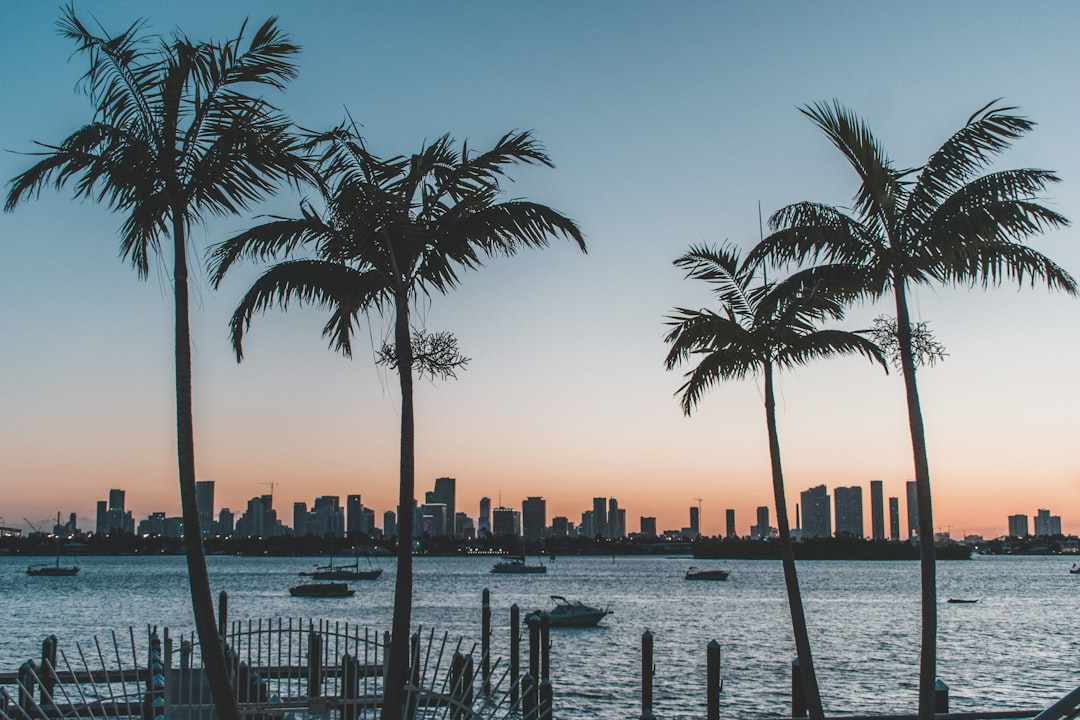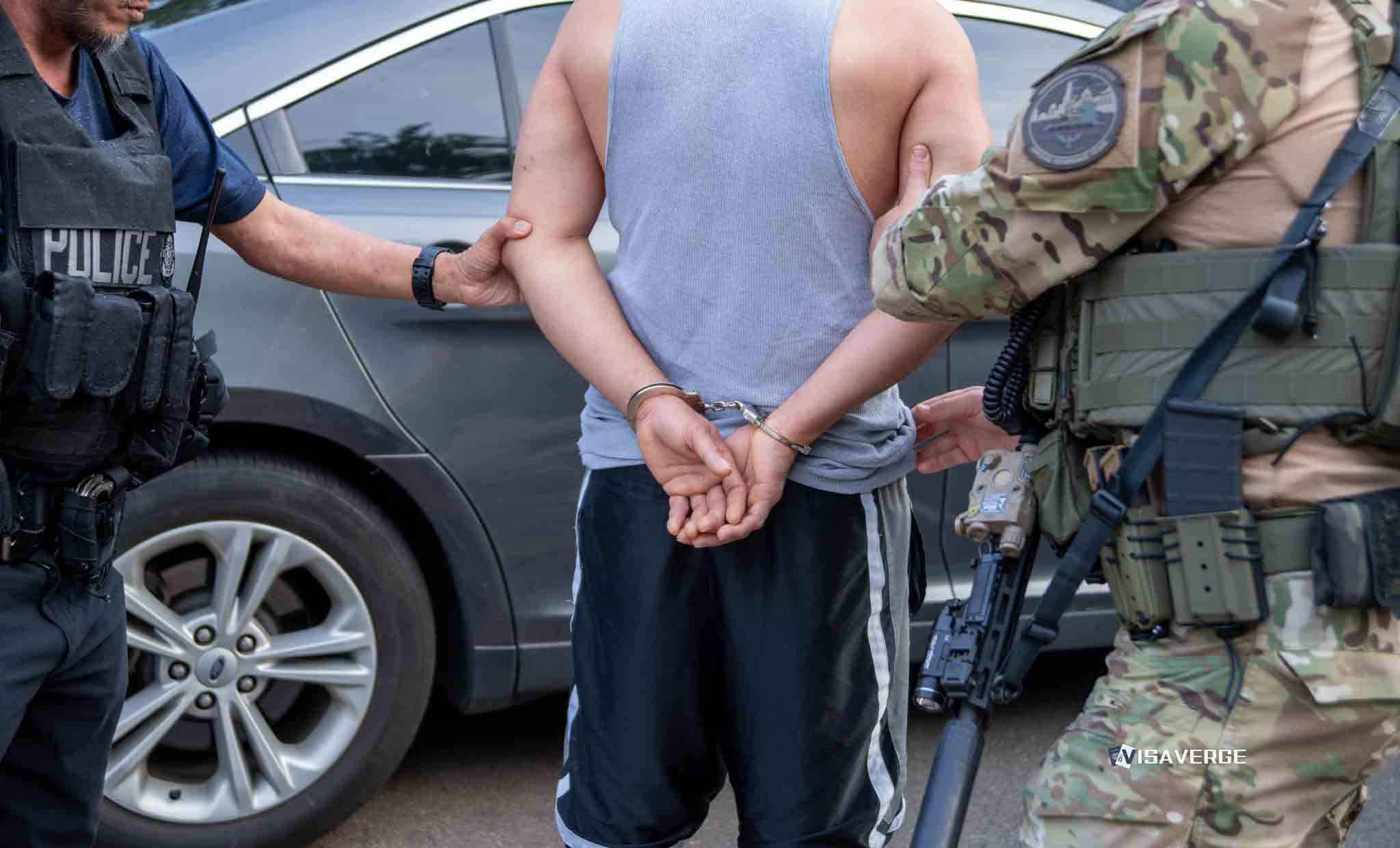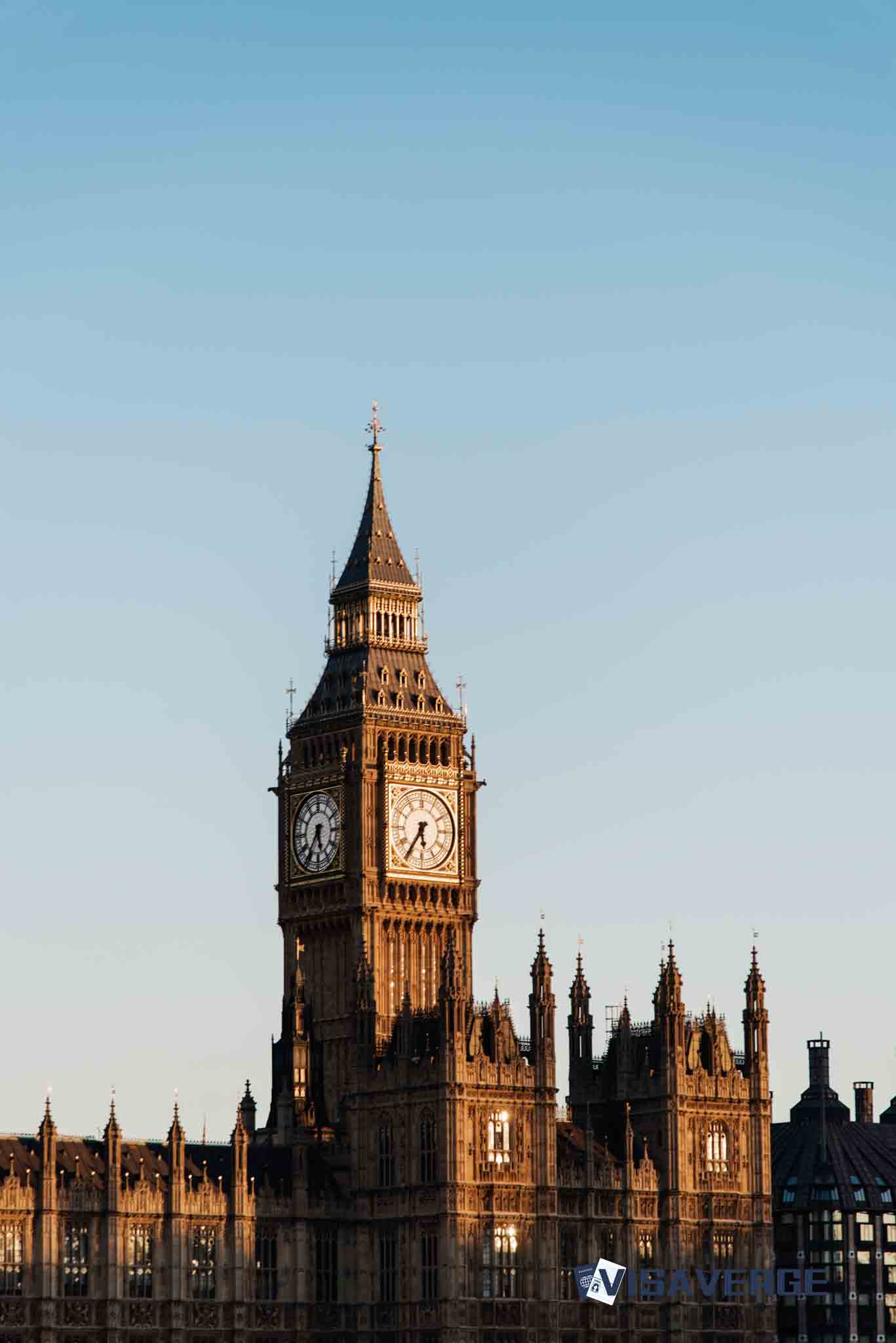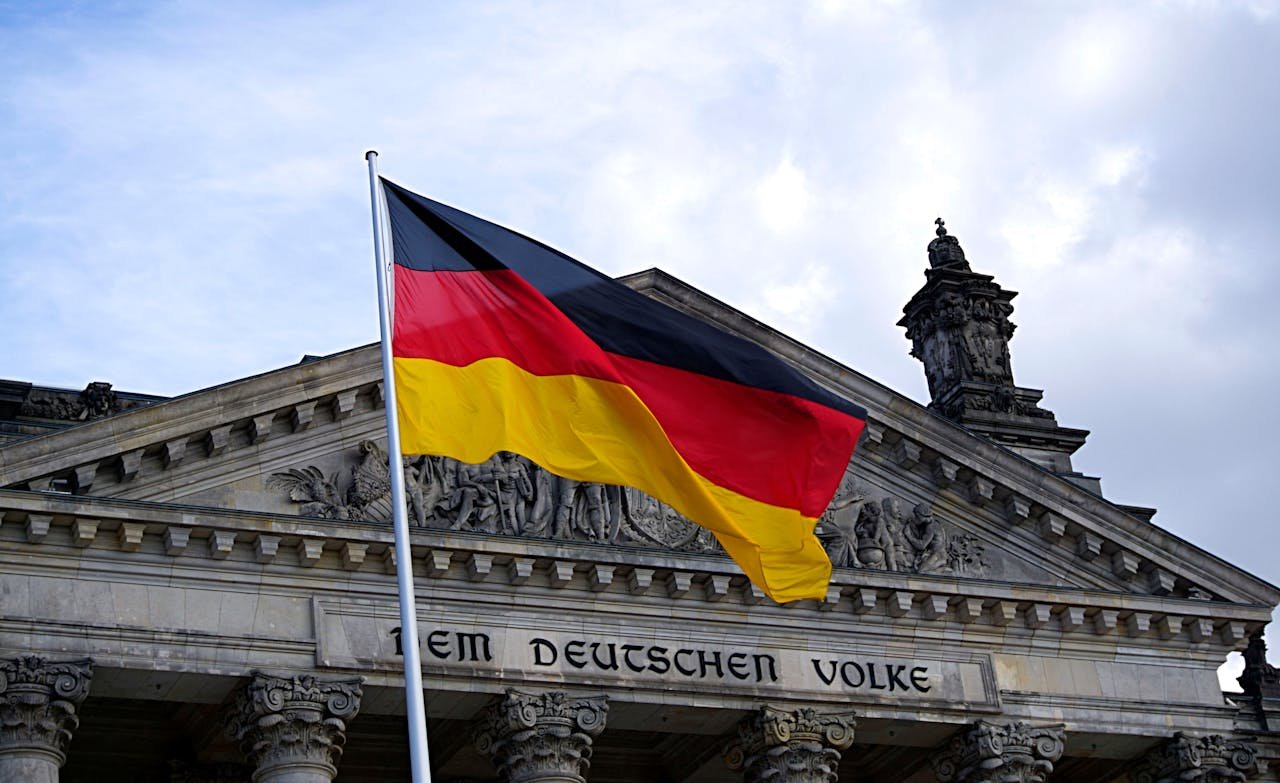Key Takeaways
• Supreme Court allows removal of TPS for 350,000 Venezuelans in the U.S., especially impacting Miami and South Florida.
• Miami lawmakers from both parties express strong opposition, citing economic, humanitarian, and community concerns.
• Experts advise Venezuelans to consult legal help; Congress debates legislative solutions for continued protection.
A major U.S. Supreme Court decision has placed the lives and futures of about 350,000 Venezuelans living in the United States 🇺🇸—many based in Miami and across South Florida—in doubt. The court’s ruling, which lets the federal government take away Temporary Protected Status (TPS) from Venezuelan nationals, has drawn strong and emotional responses from Miami lawmakers on both sides of the political spectrum. This article breaks down what happened, why it matters, and what’s next for thousands of Venezuelans whose lives are up in the air.
The Supreme Court’s decision marks a major change for one of the largest populations of Venezuelan migrants in the country. Many of them left their homeland to get away from violence, hunger, and political problems under Nicolás Maduro’s government. With this new ruling, their ability to live and work legally in the United States 🇺🇸 could end soon.

Let’s explore the reactions from Miami lawmakers, how local communities are affected, what legal and economic issues are in play, and what might happen next for Venezuelan TPS holders.
Strong Reactions from Miami Lawmakers
Miami lawmakers moved quickly to share their views about the Supreme Court’s decision on Venezuelan TPS. Their statements reflect how serious the issue is in a region where Venezuelan Americans make up a large part of the community.
Democratic voices:
– Abel Delgado, leader of the Miami-Dade Democratic Hispanic Caucus, said the court’s decision hurts families and workers who have followed the law for years. He called it unfair to send people away from a place where they have built stable lives and contributed to Florida’s success.
– Rep. Debbie Wasserman Schultz (D-FL), who helps lead the Venezuela Democracy Caucus, was forceful in her response. She called the decision “atrocious” and warned that it could send people back to “the murderous dictatorship” run by Nicolás Maduro in Venezuela 🇻🇪. Rep. Wasserman Schultz promised to keep fighting by pushing forward the “Venezuela TPS Act,” a bill she hopes will return or strengthen legal protection for these Venezuelans.
– Laura Kelley, chair of the Miami-Dade Democratic Party, took a practical angle. She said removing this many workers could hurt the local economy. Businesses across South Florida need help, and Kelley worries that employers will struggle even more if Venezuelan workers lose their rights.
Republican voices:
– Rep. Carlos Gimenez (R-FL) underlined that most Venezuelans living in South Florida follow the law and help grow the local economy. He said lawmakers should not judge the whole group based on a few people with criminal records. Gimenez believes these neighbors bring only positive things to the area’s economy and culture.
– Rep. Maria Elvira Salazar (R-FL) was deeply disappointed by the court’s decision. She said people who have escaped from tyranny should be kept safe in the United States 🇺🇸, not sent back to dangerous situations. Rep. Salazar promised to keep looking for ways, through new laws, to help those at risk.
– Senator Rick Scott (R-FL) supported the idea that the president should make calls on TPS, not the courts. Still, he recognized that many families in Miami and South Florida are anxious. He said their concerns matter and should not be ignored.
These sharp and clear responses show that the fate of Venezuelan TPS holders is much more than a legal issue in Miami. For lawmakers, it is also about fairness, public safety, and the future stability of their home communities.
Legal Limbo and Daily Fears
As a result of the Supreme Court decision, tens of thousands of Venezuelans could soon be without protection. Maureen Porras, Doral’s Vice Mayor, painted a picture of local families waking up worried each day whether they will be forced to leave the United States 🇺🇸 soon. Many Venezuelans in Miami now live in what immigration lawyers often call “legal limbo.” This means they do not know if they will be allowed to stay, work, or must start over in a country they fled from for safety.
Miami and South Florida have become major centers for Venezuelans escaping political hardship, violence, and serious shortages back home. Once TPS is gone, many are left without any legal permission to live or work in the U.S.
The confusion affects families, workers, and even business owners. Some have started to make back-up plans, which might include closing businesses, leaving jobs, or splitting up families to avoid being forced out all at once.
Economic Impact: Who Will Pay the Price?
While issues of law and safety come first for many, local Miami lawmakers say the decision will also take a toll on South Florida’s economy. Both Democrats and Republicans highlight that Venezuelans on TPS are part of the backbone of many local industries, from hotels and restaurants to farms, construction sites, and small businesses.
Laura Kelley and others warn that with a labor shortage already straining the area, removing thousands of skilled and loyal workers will only make things harder for businesses struggling to find reliable staff.
Rep. Carlos Gimenez added that the overwhelming majority of Venezuelan TPS holders pay taxes, spend money in their communities, and help build neighborhoods in Miami and beyond.
Several South Florida industries rely on immigrant workers—especially in the service sector, hospitality, construction, and agriculture. Losing this workforce could drive up prices, extend wait times for services, and possibly lead to businesses closing.
These worries are not just about numbers. They have a real impact on the choices families and business owners must make, especially those who have built lives and invested their savings in Miami.
Guidance from Experts: What Should Venezuelan TPS Holders Do Now?
With thousands of people frightened about what might come next, local immigration attorneys have tried to answer some of the big questions about what rights Venezuelan migrants still have.
Immigration lawyer Willy Allen told outlets including CBS News Miami that most Venezuelans who moved to the United States 🇺🇸 between March 21, 2021, and August 2023 have already applied for asylum. If you are in this group and your asylum case is still open, you do not risk deportation right now. Lawyer Allen stressed, “If you had previously filed an asylum application along with TPS status you have nothing to worry about.”
However, not everyone fits into this safer group. Attorney Allen explained that Venezuelans who already lost an asylum case, or who have final deportation orders, face more risk now that TPS protection is going away. He advised anyone with doubts to talk to a trusted immigration attorney so they can understand their own situation and explore possible options.
VisaVerge.com’s investigation reveals that, while losing TPS is a setback, there are still other forms of relief available—like certain humanitarian visas or appeals for those facing real danger back in Venezuela 🇻🇪. But each situation is different, and quick, informed action is key.
Legislative Solutions: Can Congress Step In?
Even as families and workers face tough choices, both Democratic and Republican Miami lawmakers are looking for answers through laws that could help and protect Venezuelans in this group.
Rep. Debbie Wasserman Schultz made it clear she will not stop pushing for solutions, pointing to her Venezuela TPS Act as one possible way to restore safety. She wants Congress to keep exploring creative paths to give Venezuelans the chance to remain in the United States 🇺🇸 if returning home is not safe.
Republicans such as Rep. Maria Elvira Salazar have echoed these calls. She and others want to find bipartisan ways—the kind that both major parties can support—to offer legal help to Venezuelans in trouble. They argue that protecting those escaping dictatorship and violence is in line with American traditions and values.
The issue has become highly charged in Miami’s political scene, where large numbers of voters are immigrants themselves or have close family ties to Venezuela 🇻🇪. This pressure may make it more likely that some new law, or even a temporary fix, could emerge in the coming months.
Both sides agree: Leaving the fate of 350,000 people up in the air hurts families and neighborhoods.
Summary Table: Key Lawmaker Reactions
For a quick snapshot, here’s what some influential Miami lawmakers have said about the Supreme Court’s decision on Venezuelan TPS:
| Name | Party | Reaction |
|---|---|---|
| Abel Delgado | Democrat | Condemned losing legal status; worries about families and workers |
| Debbie Wasserman Schultz | Democrat | Called ruling “atrocious”; pushing new law (Venezuela TPS Act) |
| Carlos Gimenez | Republican | Praised Venezuelan community’s good example; warned against treating all as risky |
| Maria Elvira Salazar | Republican | Very disappointed; pledged help for those fleeing tyranny |
| Rick Scott | Republican | Backs presidential authority; still worries about local community needs |
What Temporary Protected Status (TPS) Means
Temporary Protected Status, or TPS, is a special U.S. government program. It lets people from certain countries stay and work in the United States 🇺🇸 if their home country is too dangerous because of war, natural disaster, or major political trouble. TPS does not give a clear path to permanent legal status or citizenship, but while it is in place, people are protected from being forced to leave.
Venezuelan nationals were first given TPS because the U.S. government found conditions back home were too unsafe. Removing this protection now means that many Venezuelans who have spent years living in Miami may have to leave, find another route to stay, or face a return to uncertainty and danger.
To read more about how TPS works and how people can qualify, you can check the official page about Temporary Protected Status from U.S. Citizenship and Immigration Services.
The Local Picture: Why Is Miami So Affected?
Miami and South Florida are unique because of their large communities of immigrants. Venezuelan Americans have become a big part of life in Miami. They run businesses, buy homes, go to school, and participate in local events.
According to local Miami lawmakers, this ruling on Venezuelan TPS hits the city especially hard. It is not just about strangers—it is about neighbors, friends, and coworkers. As reported by VisaVerge.com, even law enforcement and local social service agencies are worried about how tossing so many people into uncertainty could lead to more problems, not fewer.
For lawmakers who represent Miami, the Supreme Court’s decision is not a faraway problem. It is a direct challenge for their districts—one that affects children in schools, patients at clinics, and shoppers on Main Street.
Unresolved Issues and What’s Next
The Supreme Court’s ruling is final on the powers it gives to the president, but the fight is far from over for Miami lawmakers and their Venezuelan constituents.
- Many local political leaders have promised to keep pushing for new laws to offer permanent relief to Venezuelans in need.
- Some are calling for President Biden to use his own power to pause deportations or create support programs while Congress sorts things out.
- Immigration lawyers continue to urge individuals and families to check their status, consult with trusted legal help, and avoid scams promising overnight solutions.
With both economic and humanitarian worries weighing heavily, the issue of Venezuelan TPS will likely stay at the top of the agenda for Miami lawmakers. Miami’s response could even influence how the rest of the country sees and tackles similar immigration issues.
Conclusion: Miami Lawmakers Face a New Reality
The Supreme Court’s decision on Venezuelan TPS has changed life overnight for Miami’s Venezuelan community and their supporters. Local lawmakers, both Democrats and Republicans, have spoken out in support of the thousands now at risk of losing the life they once felt secure in.
These Miami lawmakers, knowing the close ties their city has to Venezuela 🇻🇪, have promised to fight for new protections and to warn against rash actions that could harm area businesses, break up families, and weaken the resilient spirit that makes Miami unique.
For the thousands who depend on Temporary Protected Status, the next steps will depend on fast legal action, careful choices, and the ability of Miami lawmakers to work together in the halls of Congress and beyond. Lawmakers, attorneys, and families alike will continue seeking ways to win back some sense of certainty and fair treatment—knowing that the stakes are high, the risks are immediate, and the country is watching.
Learn Today
Temporary Protected Status (TPS) → A U.S. immigration program allowing nationals from countries in crisis to live and work temporarily in the United States.
Asylum → Protection given to individuals who fear returning to their home country due to violence or persecution.
Deportation → The formal removal of a foreign national from the United States for violating immigration laws.
Legal Limbo → A state where immigrants uncertainly await decisions, lacking legal clarity or permission to stay or work.
Humanitarian Visas → Special visas for people facing severe threats in their home country, offering temporary or emergency protection in the U.S.
This Article in a Nutshell
A Supreme Court decision jeopardizes Temporary Protected Status for 350,000 Venezuelans, sparking urgent debate among Miami lawmakers. With families, jobs, and entire communities at risk, elected officials and attorneys urge fast action. The ruling dramatically impacts Miami’s economy, social fabric, and the uncertain futures of many Venezuelan immigrants.
— By VisaVerge.com
Read more:
• Haitian Community Hit Hard as Trump Ends TPS
• Venezuelan TPS Holders Turn to Court to Keep Deportation Protections
• Employers Must Adjust I-9 Records as Haitian TPS Work Permits Shortened
• Administrative Pause Leaves TPS Applicants Before 02/18/25 in Limbo
• Trump Moves to End TPS for Venezuelans, Leaving Thousands in Limbo













